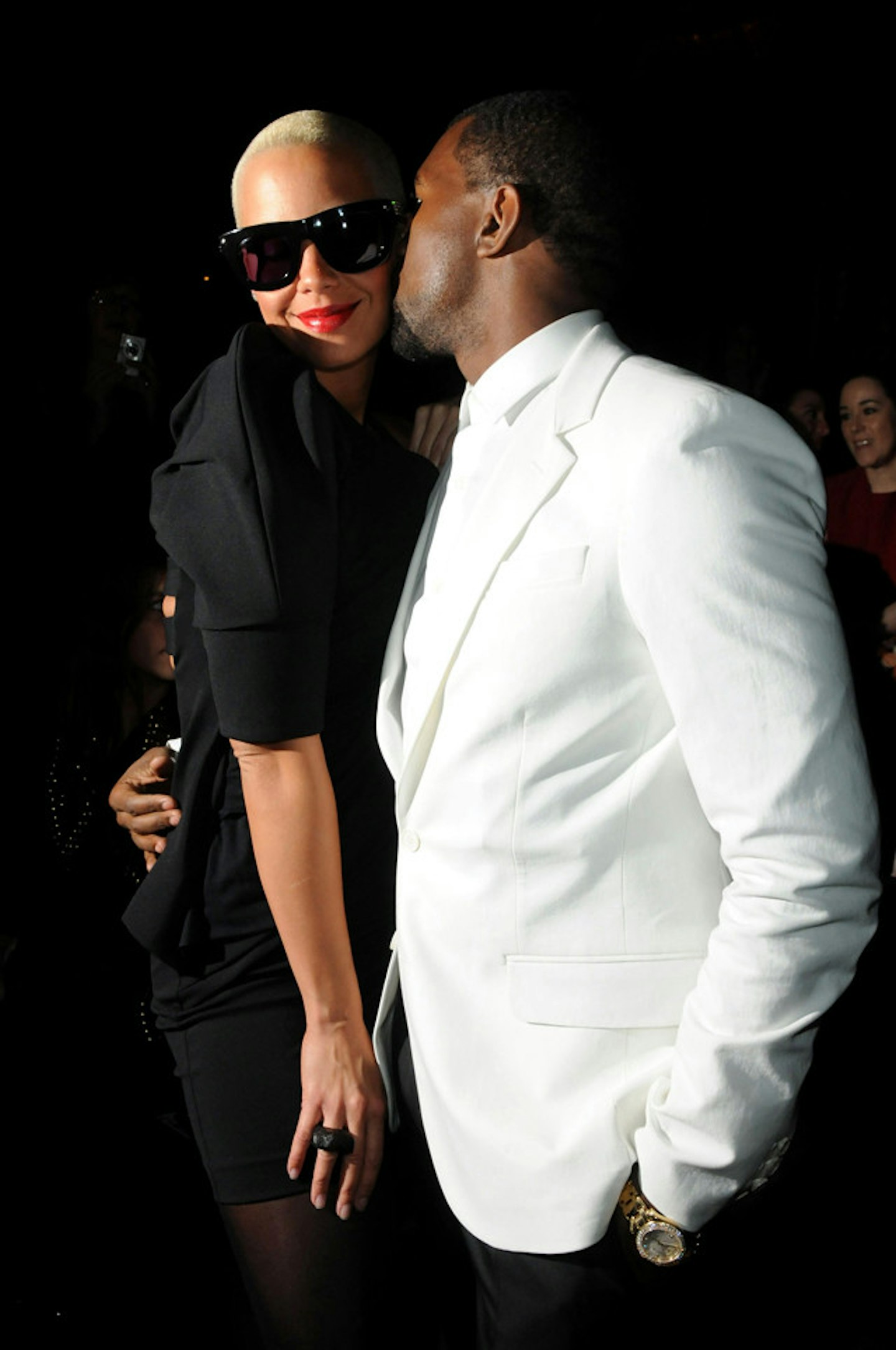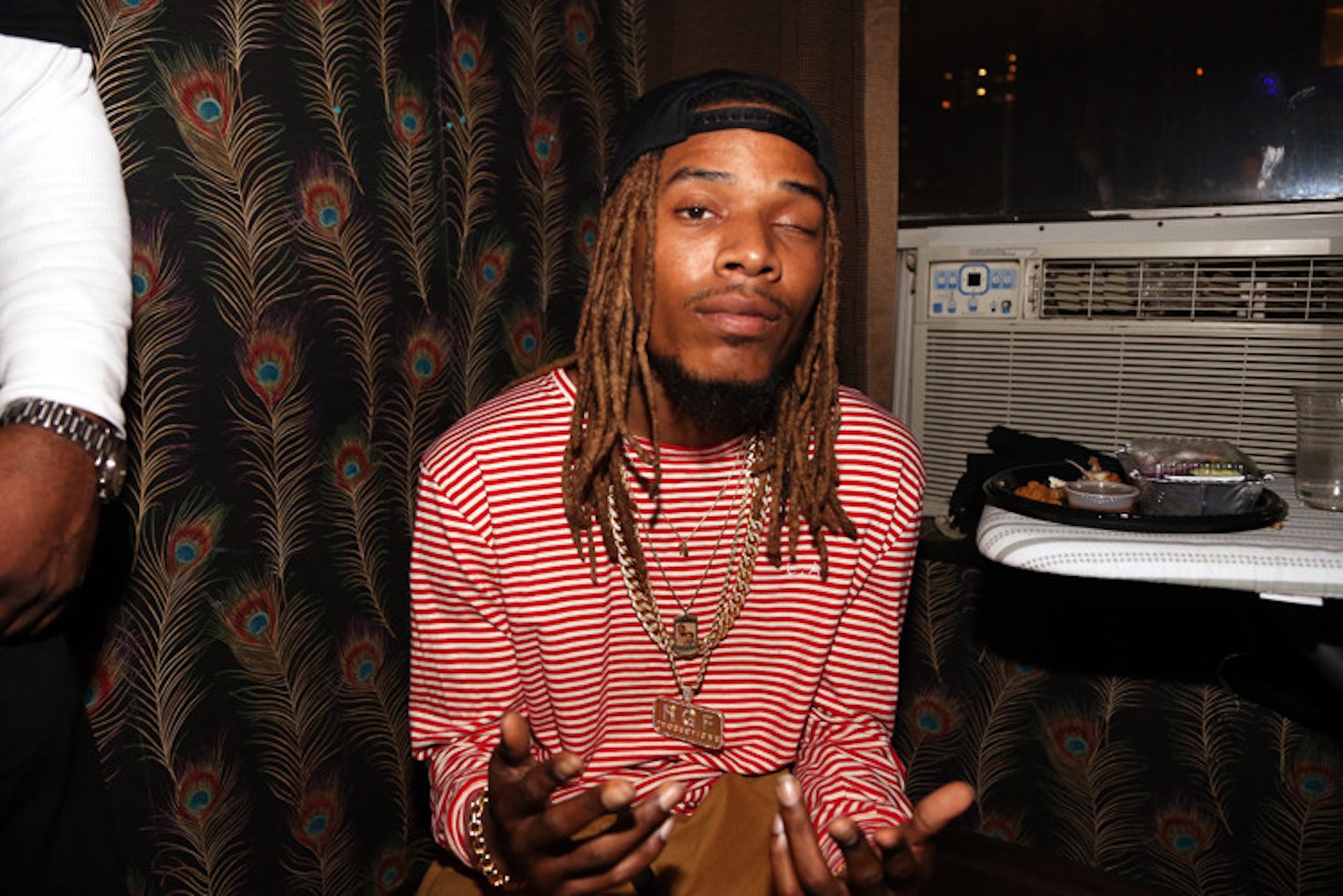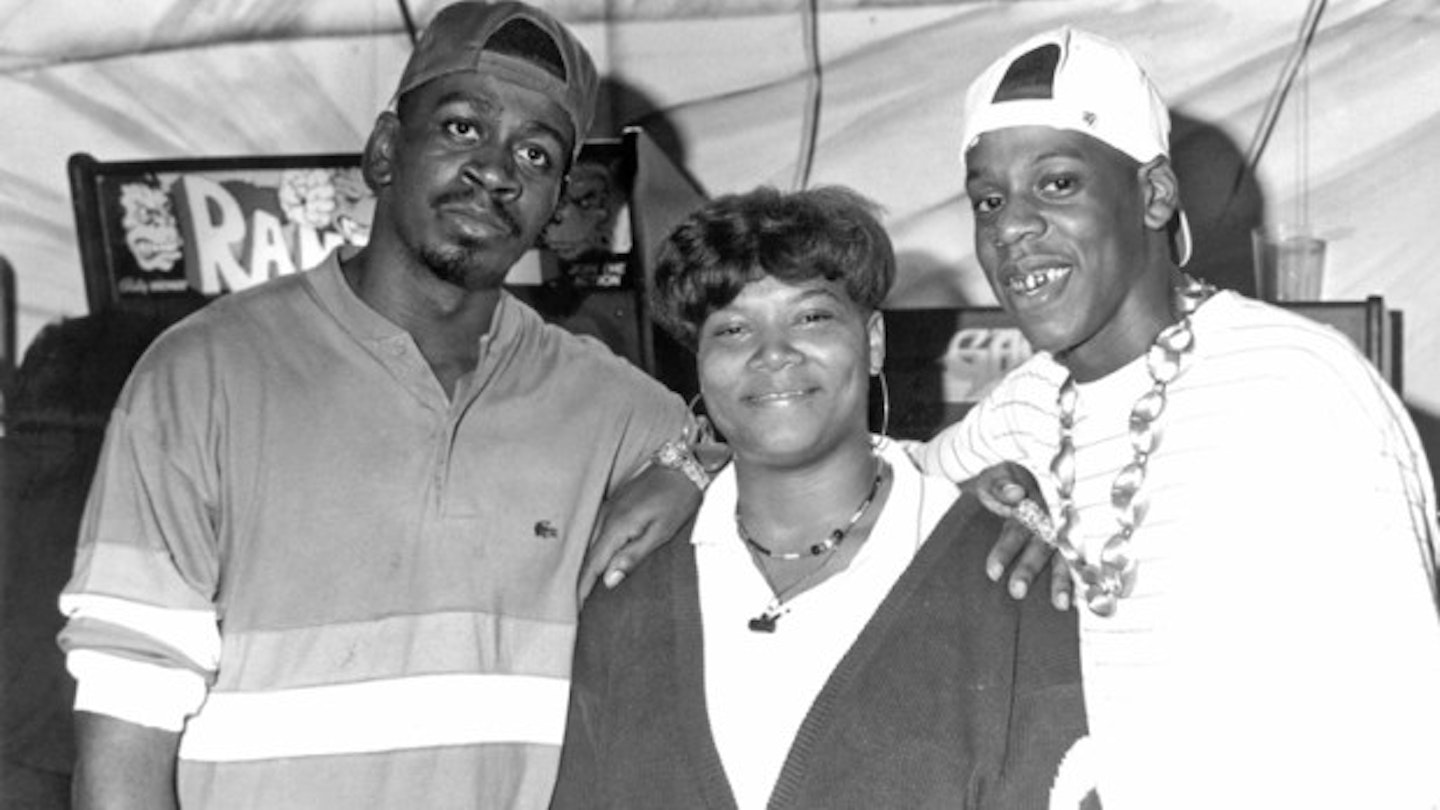Kanye has been pulling a great deal of 'Kanyes' lately. He’s been taking to Twitter more than usual following the release of his latest album to unburden his oh-so-great mind of all the oh-so-weighty thoughts he carries around in it.
Recent gems include his begging, yes, actually begging, Mark Zuckerberg for money and his admonition that the word ‘bitch’ is none other than a form of endearment in hip hop.
The latter tweet may not have garnered such a huge response (after all, the prevalence of misogyny in hip hop is really nothing new), were it not aimed at Taylor Swift. No one calls Taylor a bitch, obviously. Nor claims to take responsibility for her fame.
Actress Ruby Rose chimed in with the voices of dissent to say: ‘Can I still support [Kanye] and call myself a feminist? A friend? No.’

And, well… she’s right. As a hip hop aficionado, it’s something I’ve been trying to reconcile for myself.
Last month, while in Miami, I found myself in the presence of… let’s just say I was in the presence of some of the biggest and best hip hop currently has to offer thanks to a friend who is high up on one of the rapper’s payrolls.
As a hip-hop fan it was potentially one of the coolest moments of my life. But as a female it was truly harrowing and heart breaking and eye opening all in one.
It wasn’t necessarily the girls jiggling and gyrating their naked bodies while the rappers looked hazily, lazily, blankly on. It wasn’t even when they dropped to their knees and crawled on the floor to pick up the dollar bills that had been thrown at them.
It wasn’t in the way one of the rapper’s entourage couldn’t, for the life of him, remember my name – even when I repeated it maybe 100 times. It wasn’t even in the way he said to me, ‘look B, you’re a gorgeous girl but there are many of you. No, I don’t remember your name, does it really matter?’ while licking his lips and drawing me closer.
It was all of it. It was the overwhelming feeling that I, and all females, were literally nothing other than disposable vaginas.
It’s a pretty shitty realisation to come to when you simultaneously admire those same men and their music. As director Ava DuVernay tweeted: ‘To be a woman who loves hip hop is to be in love with your abuser.’
Content analyses have found that between 22% and 37% of rap lyrics contain some misogyny while 67% of rap lyrics sexually objectify women. But not all hip-hop is misogynistic.
Legendary femcee MC Lyte recently called rapper Fetty Wap a feminist for musical contributions the likes of Trap Queen, a reported ode to women holding down the fort. ‘He’s being pretty courageous right now with what it is he presents in his music because it’s really not the norm,’ she explained.

The likes of Talib Kweli, Common, Kendrick Lamar and Pharrell have also been hailed as changing the discourse around women in hip-hop.
As of late, Amber Rose has potentially been the loudest female voice of dissent. The former stripper, who has been slut-shamed by her exes Kanye West and Wiz Khalifa on numerous occasions recently penned an essay and organized a slut walk in an effort to change the dialogue.
But she isn’t the only one. Most notably, Queen Latifah won a Grammy in 1995 for her feminist anthem U.N.I.T.Y in which she raps: ‘Every time I hear a brother call a girl bitch or hoe. Trying to make a sister feel low, You know all of that's got to go.’ The likes of Lauryn Hill, Erykah Badu, Missy Elliott, Eve, Beyoncé, and Mary J. Blige have also adopted an independent woman persona.
But many female rappers, like Lil’ Kim and Trina, arguably self-perpetuate, referring to themselves and other women as bitches and gold-diggers. Indeed, a 2011 content analysisof music videos found that sexual objectification of women doesn’t only occur in the music videos of male artists, but in many female artist’s videos, too.
Author Cheryl Keyes suggests that this may be due to the fact that in order for a female artist to even enter the rap game they must follow ‘male rules’, embodying the male aesthetic and emulating male behaviour in order to get record producers and execs – who are predominantly male – to listen to them.
But I think the problem lies largely in the fact that, as Ice Cube explained in a recent Rolling Stone interview, in many minds, ‘bitches’ and ‘hoes’ exist in a different category to ‘normal women’. ‘If you're a bitch, you're probably not going to like us. If you're a hoe, you probably don't like us. If you're not a hoe or a bitch, don't be jumping to the defense of these despicable females… I never understood why an upstanding lady would even think we're talking about her,’ he said.
_640x870.jpg?auto=format&w=1440&q=80)
Drake’s sexist fascination with the ‘good girl’ has been chronicled, too. Because the thing is, who the hell is it that makes all these distinctions? Everyone (myself included) were happy to sing along ‘Bad bitches is the only thing that I like!’ until the person being called a bitch is someone like Taylor Swift, who doesn’t easily fall into that pre-outlined ‘bitch’ or ‘hoe’ category.
Indeed, it’s partly that distinction that perpetuates the misogyny that is so rife in hip-hop today. After all, if the rappers don’t think they’re talking about their mothers, sisters, wives or daughters, and ‘upstanding ladies’ don’t think they’re being spoken about either, then who is being spoken about?
The thing is, we all are. Because when women are so often called bitches and hoes, that’s what sticks. As Queen Latifah so aptly put it: ‘U.N.I.T.Y, you and I T Y, that’s a unity’.
I learned that the hard way when I saw myself reflected as that in the eyes of my favourite rapper.
And when so many other things about rap have evolved over the years; the word ‘fag’ isn’t heard very often anymore, the number of commercially viable females appears to be on the rise and political lyrics seem to be back in style, it makes you wonder why sexism is still so rife. But then again you could arguably make similar observations about potentially every other art form and, well, life in general (the pay gap, anyone?).
Perhaps the only way of being a hip-hop fan is realizing that you can enjoy a song in spite of some of its messages.
** Like this? Then you might also be interested in:**
Kanye West's Misogynistic Twitter Rant Proves He Doesn't Know How To Deal With An Ex
Taylor Swift's Brother And Gigi Hadid Have Something To Say About Kanye's New Lyrics
Follow Alya on Twitter @MoorrizZLA
This article originally appeared on The Debrief.
